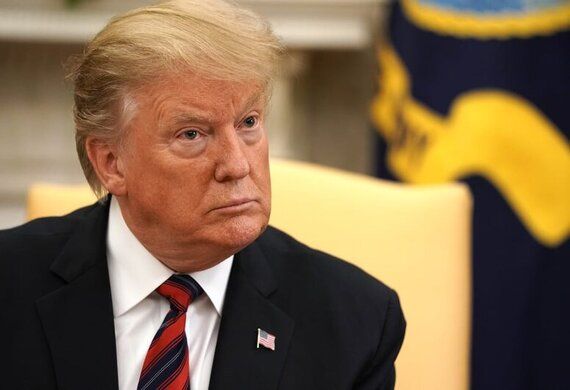Trump: No Intention to Lower China's 145% Tariffs to Advance Trade Talks
By Global Leaders Insights Team | May 08, 2025

US President Donald Trump stated on Wednesday (local time) that he would not consider lowering China's 145% tariffs in order to begin trade war negotiations with Beijing.
When asked if the White House was willing to reduce import duties to bring China to the negotiating table, Trump said no. His comments come just days before US Treasury Secretary Scott Bessent's scheduled meeting with his Chinese counterpart in Switzerland. The two are expected to talk about trade and economic issues.
China stated on Wednesday that the meeting was requested by the United States and that Beijing remained "firmly" opposed to Trump's tariff hikes ahead of the planned talks.
According to media reports, Trump rejected China's claim that the United States initiated this week's trade dialogue in Switzerland. He remarked, "They said we initiated? Well, I think they should go back and review their files."
When asked what he expected from the proposed trade talks in Europe, Trump replied: "We'll see... we were losing a trillion dollars a year, and now we're not losing anything, you know? It's how I see it.
US-China Trade War
It is worth noting that, in an interview with NBC on Monday, Trump suggested that tariffs on Chinese goods could be reduced in the future, after both Washington and Beijing appeared to soften their stance on trade talks.
During the interview, Trump acknowledged the impact of tariffs on China, saying that factory closures and unemployment had gone "through the roof."
On May 2, a spokesperson for the Chinese Commerce Ministry stated that Beijing was reviewing US proposals to begin trade talks, but insisted that Trump first cancel his "unilateral tariff hikes".
Trade negotiations between the two countries have largely stalled since the tariff war began. On April 2, Trump announced reciprocal tariffs with more than 100 countries, as well as a 10% baseline tariff on all imports. While he imposed 34% reciprocal tariffs on China, Beijing responded with tariffs of its own, escalating the trade conflict.
.jpg)



